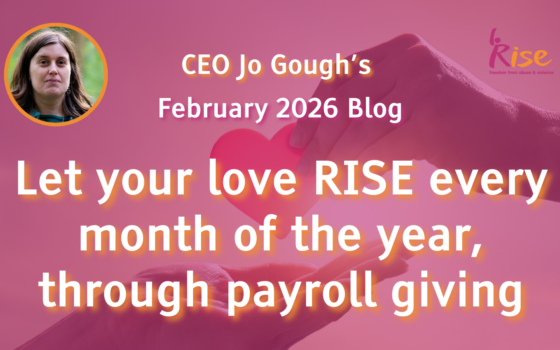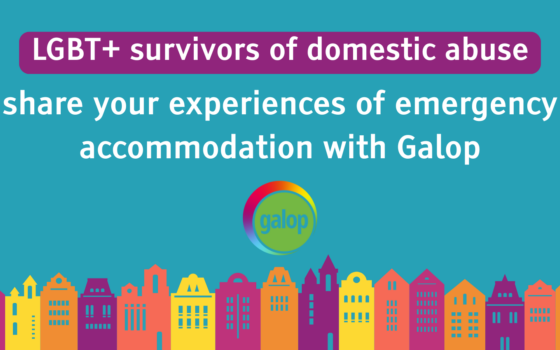I spoke to two RISE workers, who work with children and young people in different roles. I asked about the work they do, who they work with, and the gaps they see in support.
Each of my colleagues have been involved in delivering small group work through RISE, working with perhaps six children or young people at a time. Sadly, much of this work is no longer running due to loss of funding. Both agreed that a broad approach that includes age-appropriate discussions about healthy relationships and power and control dynamics, in schools and outside of them, was important, but that it was rare for this to be possible. Both talked about the impact of funding cuts and competing priorities on schools.
The overall picture I gained from these conversations was a complex one. The connection to the young people comes through RISE - in all cases, a parent was being supported by us here at RISE and so the child or young person was offered support in groups of people their own age to help them, too. The groups do not focus on peer to peer abuse within schools or educational establishments. However, additional work outside the group is often involved, including liaising with schools to advocate for young people around bullying or other issues they might be having.
One worker told me that the young people she works with, ‘don’t tend to talk to me about their own intimate relationships'. One incident of peer to peer abuse was mentioned but, hearteningly, I heard about young people talking about how respectful they want to be, and that they don't want to be like their abusive parent, for example. It was good to hear that they were seeing patterns of behaviour and having enough awareness to realise that they could decide not to follow them. There was a caveat here though - one worker suggested that this approach, supported by their work together, might be eroded over time without continued support. This is familiar to me - as the CEO of a feminist organisation, I know that the challenges we face are in large part due to the embedded and ingrained social norms of patriarchy - with objectification of girls and women, and even violence against women and girls, normalised in our media.
In terms of formal education within the school systems, one worker told me that the young people she’d supported often fed back that they received very little education about domestic abuse and relationships in school, and that the work with us was some of the first focused time they had had to think or talk about it. There might just be one lesson exploring healthy relationships each year as part of Personal, Social, Health and Economic (PSHE) education. The young people all appreciated this dedicated space and it sounds to me that there could be a lot gained by spending more time on it.
While each educational establishment has a designated safeguarding lead, I heard that the people in these roles often have other responsibilities and report feeling stretched very thinly. We work closely with schools and know how committed the people working in them are to the wellbeing of children and young people. It's heartbreaking to hear that staff feel pulled in different directions. Ultimately, this comes back to funding and failure at a policy level to prioritise children and young people's mental health and wellbeing. Those of us working in this sector, and the teachers we work alongside, know that a child or young person can't do well at school if they aren't ok. Schools are perfectly positioned to support young people through these kinds of challenges and do as much as they’re able to to support their students, however - they (and we) need to be funded and equipped to do so. This seemed like a huge gap to me and my colleagues went further - their wish list would include a designated domestic abuse aware person in schools and colleges.
I am clear that, if we want to break these cycles of abuse, we have to intervene early, we must teach our children and young people what happy, healthy and mutually respectful relationships look like. We must model care, tenderness and respect, and show them they are allowed to - entitled to - expect to give and receive both. Young people are the adults of the future. They will shape our society one way or another. It is our responsibility, now, to shape their futures with them to ensure that the future is a happy one.


